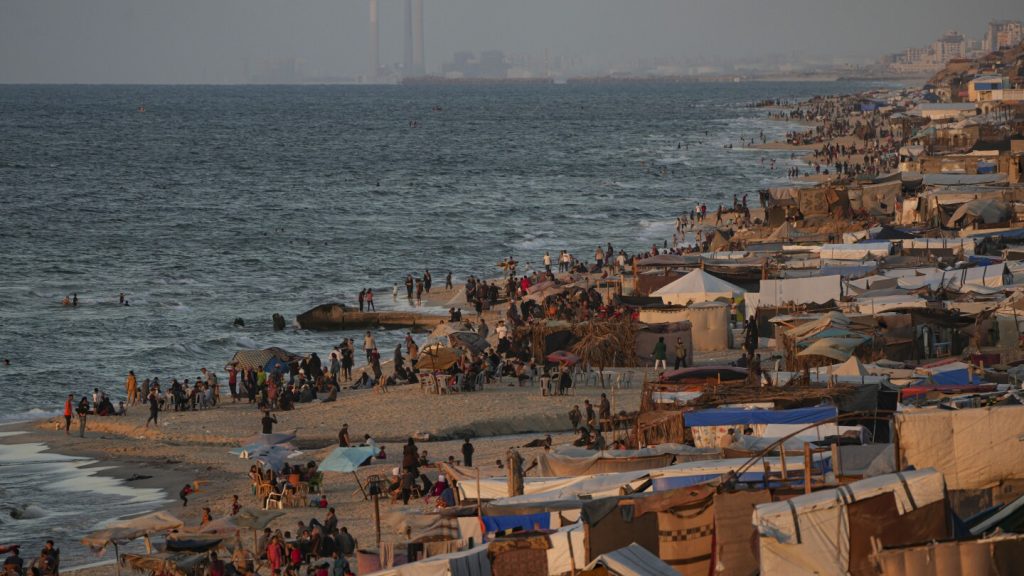Humanitarian officials at the United Nations have reported that aid entering Gaza is at its lowest level in months, with critical lifelines in the territory’s north being cut off. The main crossings into northern Gaza have been closed since October 1, preventing essential supplies from reaching over 400,000 people in the area. The situation is described as terrible across northern Gaza, with insecurity affecting the entire territory. Lawlessness, attacks on aid workers, and military operations are major obstacles to relief deliveries, along with few border crossings and delayed Israeli clearances for aid convoys.
The U.N. independent investigator on the right to food, Michael Fakhri, accused Israel of carrying out a “starvation campaign” against Palestinians during the war in Gaza, a claim that Israel denies. Israel’s U.N. mission did not immediately respond to the reports from the U.N. Office for the Coordination of Humanitarian Affairs. However, Israel has stated that it continues to allow humanitarian aid to enter the northern Gaza Strip. Israeli military body COGAT oversees aid distribution in Gaza and has assured that humanitarian aid will continue to enter the northern Gaza Strip in the coming days.
The war in Gaza began after Hamas militants killed 1,200 people and abducted around 250 others during attacks on Israel on October 7, 2023. The conflict has resulted in over 42,000 Palestinians killed, with women and children making up more than half of the fatalities. Large areas of Gaza have been destroyed, and about 90% of the population has been displaced multiple times. The humanitarian organization MedGlobal stated that the Israeli army’s renewed military action has pushed the remaining health care facilities in the north to the brink of collapse. Three hospitals with hundreds of patients, including children in intensive care, have been ordered to evacuate due to fuel shortages.
According to the U.N. World Food Program, they have been unable to deliver food parcels to over 1 million Palestinians receiving them this month due to constrained access to aid supplies. Kitchens, distribution points, and bakeries in the north are at risk of shutting down if the conflict continues, as they are running out of essential supplies like wheat flour. Despite these challenges, the U.N. agency for Palestinian refugees, UNRWA, and its partners are working to distribute bread, meals, and flour to designated shelters and beyond.
The dire situation in Gaza has raised concerns about the well-being of the population, with access to essential supplies and healthcare facilities becoming increasingly limited. The ongoing conflict and humanitarian crisis have created significant challenges for aid organizations working in the region. Efforts to provide relief and support to the affected population are hindered by various obstacles, including restrictions on aid delivery and the destruction of infrastructure. The international community has been urged to intervene and address the urgent needs of the people in Gaza to prevent further deterioration of the humanitarian situation.


